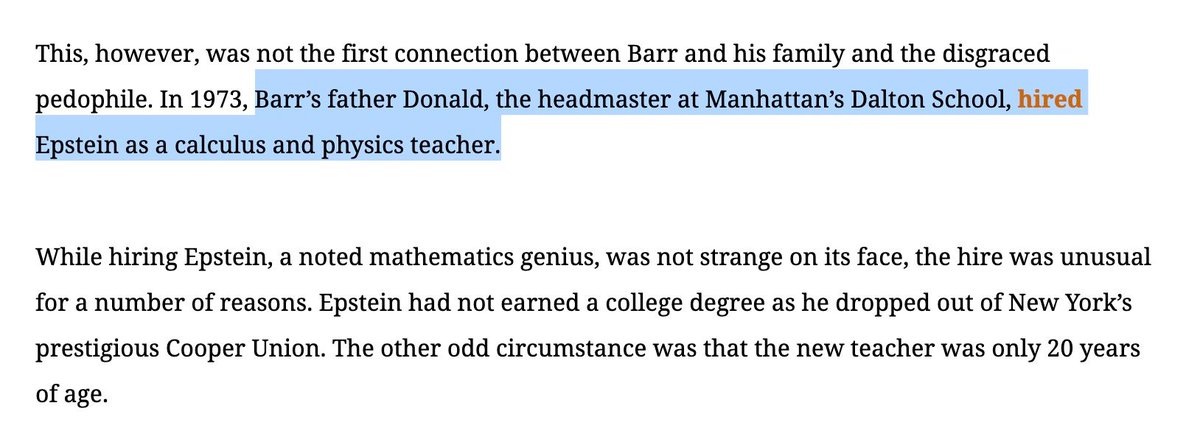Fact 6 looked at the history and intent of the SOR (Sex Offender Registry), showing it to be a money-making play disguised as a safety measure-
"Look, I don't care about that. I just want to know, does it work?!"
Well...define "work"
>>>
Today, the SOR exists as an unquestioned (behind-the-curtain) staple of the CJS.
There are >721,382 people publicly registered on the SOR (actual total believed to be over 900k).
But is this accurate? Are all these people dangerous?
>
Hardly. It's just an effective minority profiling tool, with incentive for excessive use.
After all, ATR Fact 2 showed us that children made up 25% of the SOR;
ATR Fact 3 showed us how PoC made up a disproportionate >33% of the SOR;
>>
ATR Fact 4 detailed how LGBTQ persons aren't afforded equal protections from sex crime charges;
And ATR Fact 6 saw how SORNA turns harmless acts into sex crimes.
So no, it's not accurate. Many on the SOR aren't dangerous predators.
>>>
"Ok, so the SOR is inaccurate and has questionable intentions, but does it reduce crime?"
Not really. The SOR may actually provoke new crimes and increase the overall crime rate, analysts believe.
Let's look at the numbers...>>>
First let's examine the number of sexually violent crimes in the post-SORNA US.
In 2009 (the last year of SORNA state funding) the Bureau of Justice Stats reported 125,910 cases of sexual assault, or roughly 1 per every 2k people.
>>>
So then, if the SOR reduces sex crime, we should see the same or lower numbers after a few years.
Well, in 2016, the BJS reported...298,410 cases of sexual assault, roughly 2.2 cases per every 2k people and double the rate of 2009.
>>>
"Oh... Oh no! The sex crime rate DOUBLED after the present SOR was implemented. But what about general crime? Surely having criminals on a public registry reduces regular crime...right?"
Would you be surprised if I said "no"?
>>>
A 2012 study by the University of Michigan titled, "Do Sex Offender Registries Make Us Less Safe?" concluded that while non-registered offenders are deterred from crime, the recidivism rate for registered offenders was much higher.
>>>

And that was after a 2010 study by the Medical University of South Carolina already concluded that not only were registered offenders NOT less likely to recidivate than unregistered offenders, but also that Failure-To-Register...>>>

...had no significant correlation with recidivism. Meaning that a registrant's refusal to participate with the SOR had no bearing on that person's risk of recidivating.
So no, the SOR does not reduce general crime, either.
>>>

"Well even if the SOR isn't accurate and doesn't do anything to prevent crime, I can still feel good about criminals paying money back into society."
I guess you could...if the SOR didn't cost more to operate than it makes...
>>>
There was a time when Sex Offender Notification Acts diverted billons to the states (1994-2006)...
But it turns out that SORNA (2006) messed this up, too, and state compliance with SORNA can cost a fortune that YOU have to pay for.
>>
In fact, the state of Virginia found that "The first year of implementing SORNA would cost the Commonwealth of Virginia $12,497,000" and more than $8,000,000 each year after that.
And this is just for SOR compliance alone!
>>>
In general, SORNA compliance and SOR management costs so much more than the SOR makes from legal fees and grants that 33 states opted out of SORNA compliance, even in the face losing significant federal revenue.
>>>
In summary, does the SOR work for-
-accurate representation of threat? >No.
-public notification of dangerous predators? >No.
-reducing sex crime? >No, sex crime doubled.
-reducing general crime? >No.
-making money? >No.
>>>
Does the SOR actually keep us safe?
>Not really. Not only did it increase the crime rate, it also pulls significant resources away from local law enforcement.
Does the SOR do anything it advertises?
>The data says "NO".
>>>
"So if the SOR does none of the things it claims to do, and actually poses a danger, then why do we still enforce it?"
Why indeed.













